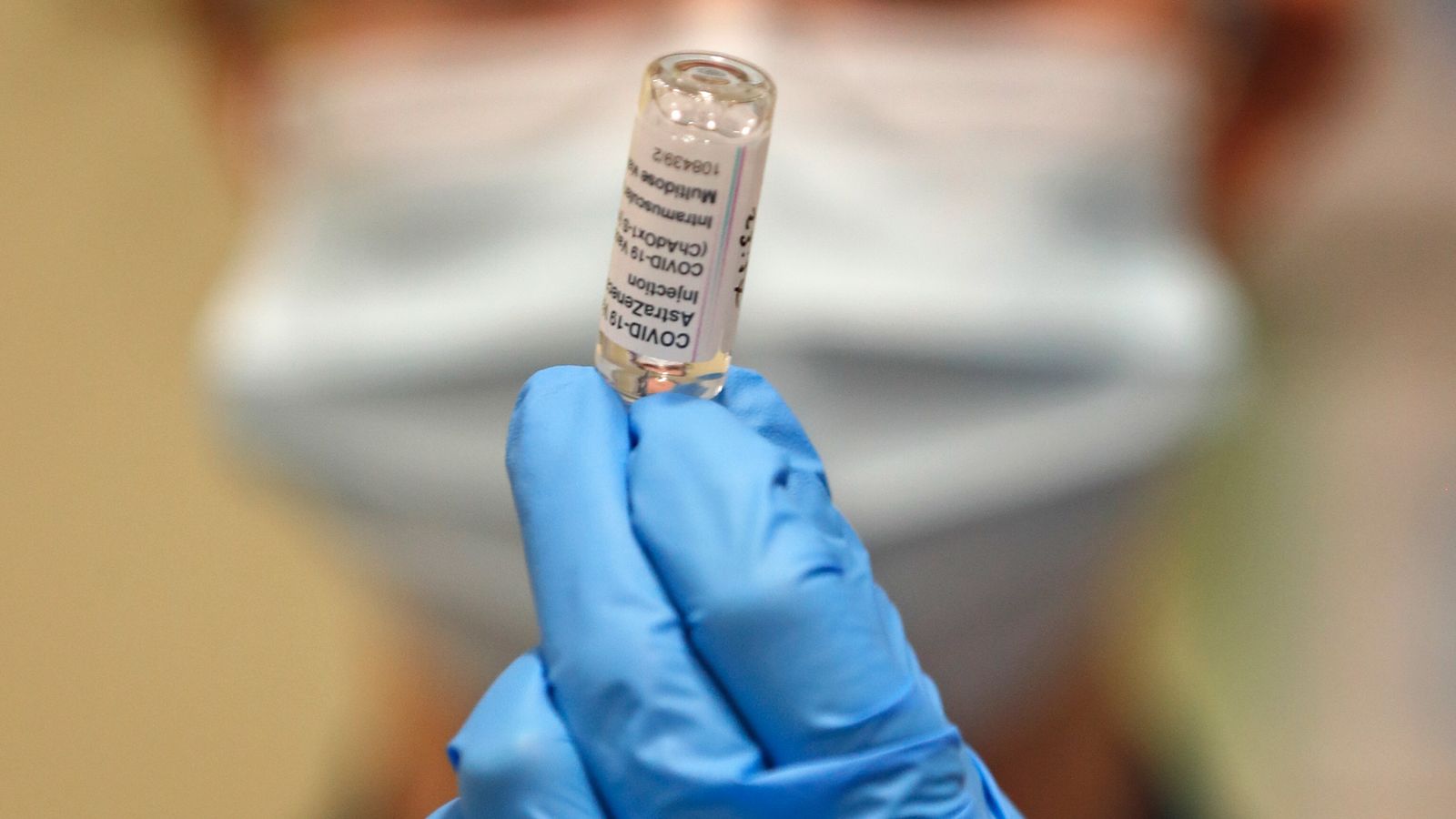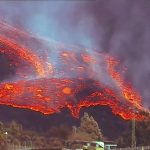Europe’s vaccination rollout has been “unacceptably” slow and is prolonging the pandemic, the World Health Organisation (WHO) has said.
A WHO report says “variants of concern” are continuing to spread across the continent and the “strain on hospitals grows” so speeding up the vaccination rollout was “crucial”.
Dr Hans Henri Kluge, WHO regional director for Europe, said: “Vaccines present our best way out of this pandemic. Not only do they work, they are also highly effective in preventing infection.
“However, the rollout of these vaccines is unacceptably slow.”
He added: “Let me be clear: we must speed up the process by ramping up manufacturing, reducing barriers to administering vaccines, and using every single vial we have in stock, now.”
Live COVID updates from UK and around world
To date, only 10% of the WHO European region’s total population has received a first vaccine dose, and only 4% has completed a full vaccine course.
In the UK, more than half of all adults have had a first dose, although second dose figures are at about 4%.
Last week saw increasing transmission of COVID-19 in the majority of countries in the WHO’s European region, with 1.6 million new cases and close to 24,000 deaths.
The total number of COVID deaths across the continent is fast approaching a million – and the number of cases is about to surpass 45 million.
Some 27 countries in the WHO Europe region are currently in partial or full nationwide lockdown, with 21 imposing night-time curfews.
In the past two weeks, 23 countries have intensified restrictions while 13 have eased measures, with an additional nine to follow suit.
On Wednesday, in an address to the nation, French president Emmanuel Macron widened strict lockdown restrictions – already in place in several areas including Paris – to the whole country, in order to try and combat a third wave of coronavirus sweeping Europe.
Dr Dorit Nitzan, regional emergency director for the WHO Europe said: “Only five weeks ago, the weekly number of new cases in Europe had dipped to under a million, but now the region’s situation is more worrying than we have seen in several months.”






















